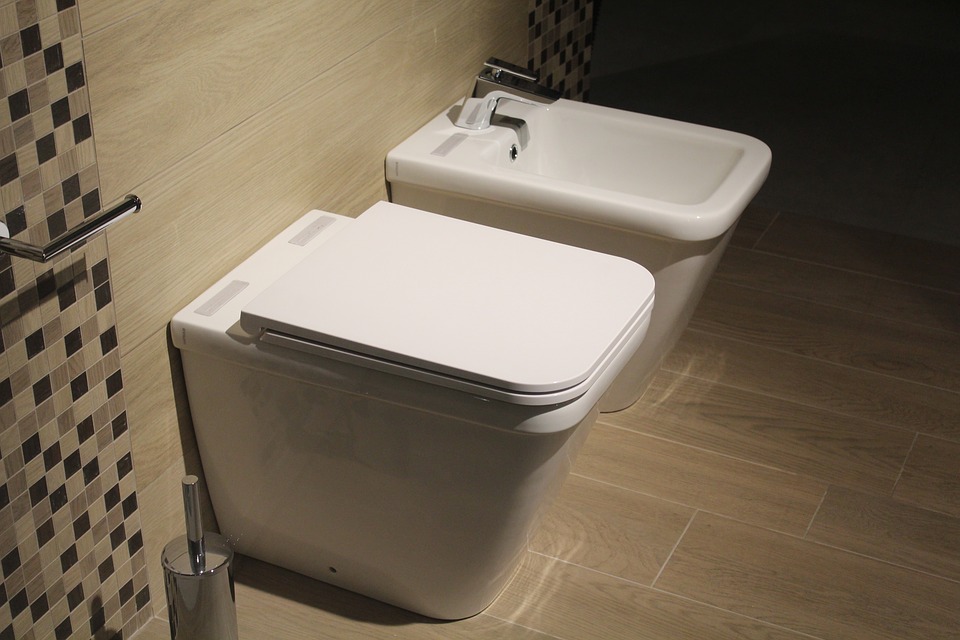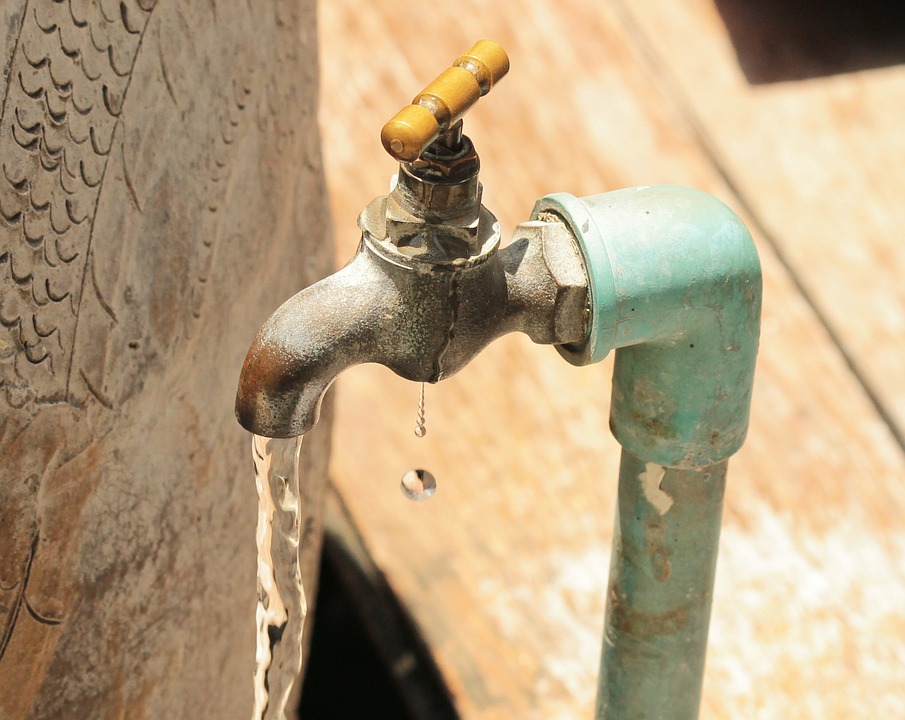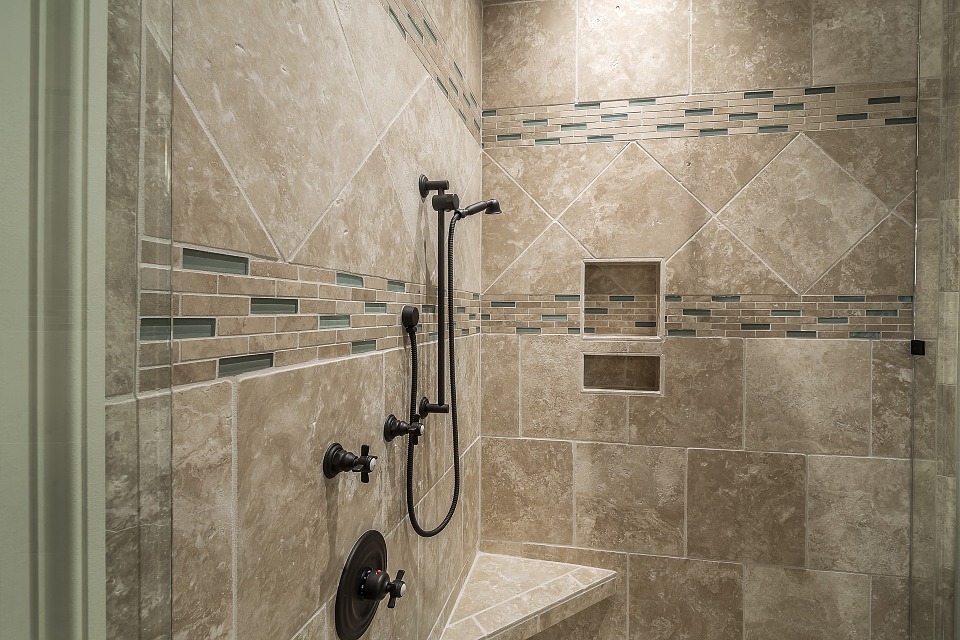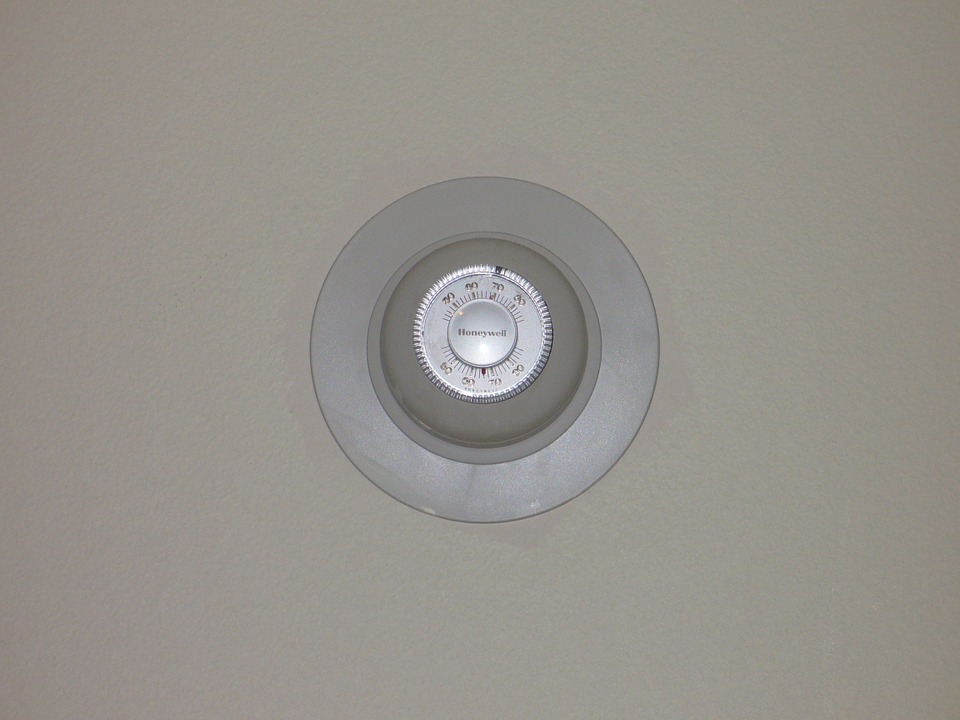Life in London can be a lot of fun and the fact that there are so many people to meet is a pleasing aspect for a lot of people in the English capital. However, not everyone, or everything, you meet in London is nice or pleasant. If your home, your property or your work premises is being infested by pests, you need to know how to resolve the matter quickly and effectively. If you are a business, your livelihood could be at stake and if you have uninvited guests at home, you may feel as though your happiness and enjoyment of home life is being compromised. This is why you should look for support from local experts and when it comes to the best standard of pest control London has to offer, Cenultra is the company to call on.
We are London specialists when it comes to home maintenance and improving the quality and standard of your home. This means that we are on hand to provide a wide range of specialist services. We are delighted to say that we provide the best standard of pest control London has to offer and if you are looking for support, guidance or effective pest control services, please get in touch.
You can be proactive with pest control
It is understandable that most people will only contact us for pest control support when they find out that they have a problem. If you don’t see any pests or there are no signs of vermin at your property, you may not think that you have a problem. This isn’t always the case though and there is a great deal to be said for being proactive when it comes to controlling pests in London. If you want to ensure that you look after your property in the most effective manner, calling on us to review your property and make sure that pests are unable to make their way into your home or property is a highly effective idea.
We are pleased to say that we offer the most effective proactive pest control London has to offer. If you run a business, you cannot run the risk of allowing pests and vermin to enter your premises and impact on your business. No one wants to spend money that they don’t have to but being proactive in managing and controlling pests will ensure that you save a lot of time, hassle and money in the long run. At Cenultra, we are delighted to say that we have helped many homeowners and businesses to remain free of pests.
We will help control and remove pests from your property
However, if you are being overrun by pests don’t worry because we can help you out. It is never too late to call on the experts when it comes to pest control and we will be on hand to ensure that you receive the most effective and efficient level of support for pest control in London.
When it comes to dealing with the most common pests in London, it can be helpful to know what the most common London pests are.
You will find that many London residents and businesses suffer from:
Ants
Cockroaches
Fleas
Flies
Mice
Mosquitoes
Moths
Rats
Spiders
Wasps
At Cenultra, we are highly experienced in dealing with these pests and many other pests so even if you don’t see the pest that is impacting on your home or property, get in touch and we will be more than happy to help.
There are a number of steps involved with effectively dealing with pests in London and we have a highly experienced team who are well versed in controlling pests in the capital. We have also heavily invested in the best equipment and material which means that you can be confident that we are able to deal with the pests that plague Londoners.
We aim to follow similar steps in dealing with pests in London and this ensures that we provide all of our customers with a consistent and effective service. We will survey your premises, we will carry out treatments which will impact on the pest, we will observe your property and we can carry out proofing and prevention services which will ensure that you receive the highest standard of service, support and care at all times.
Having pests at your property can be a great concern for many people, and this is why we aim to provide the most effective and reliable service at all times. For the best standard of pest control London has to offer, call on Cenultra.




